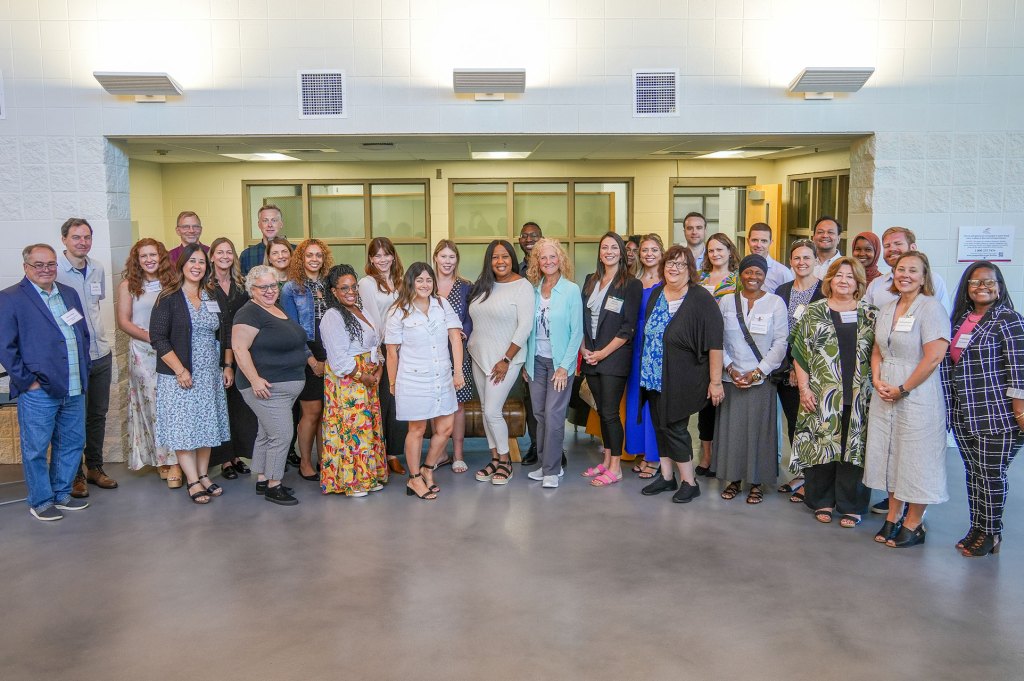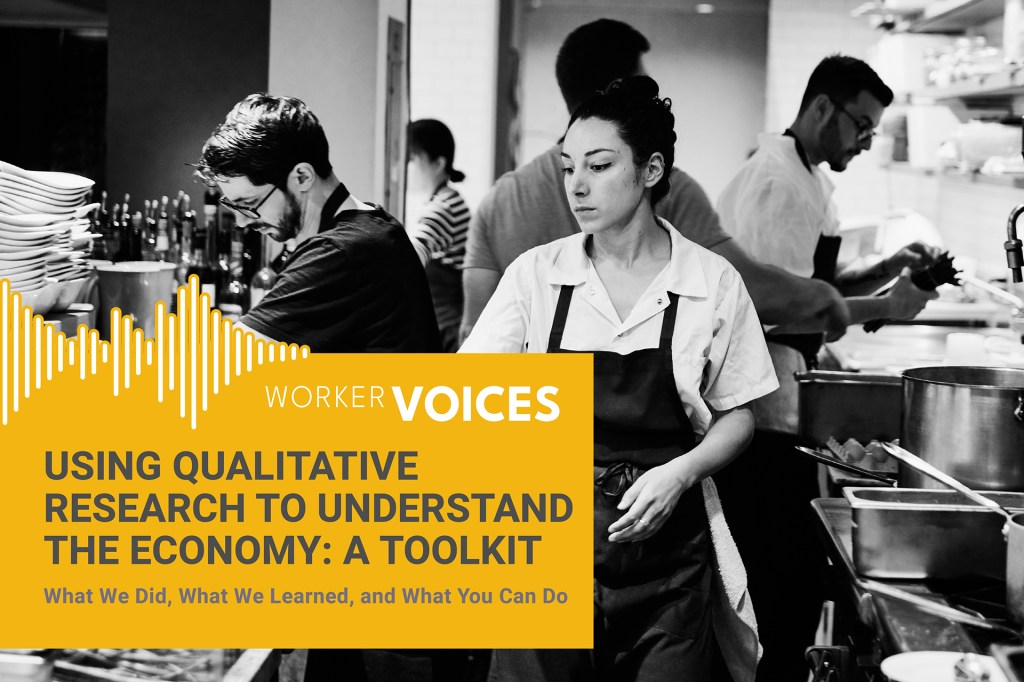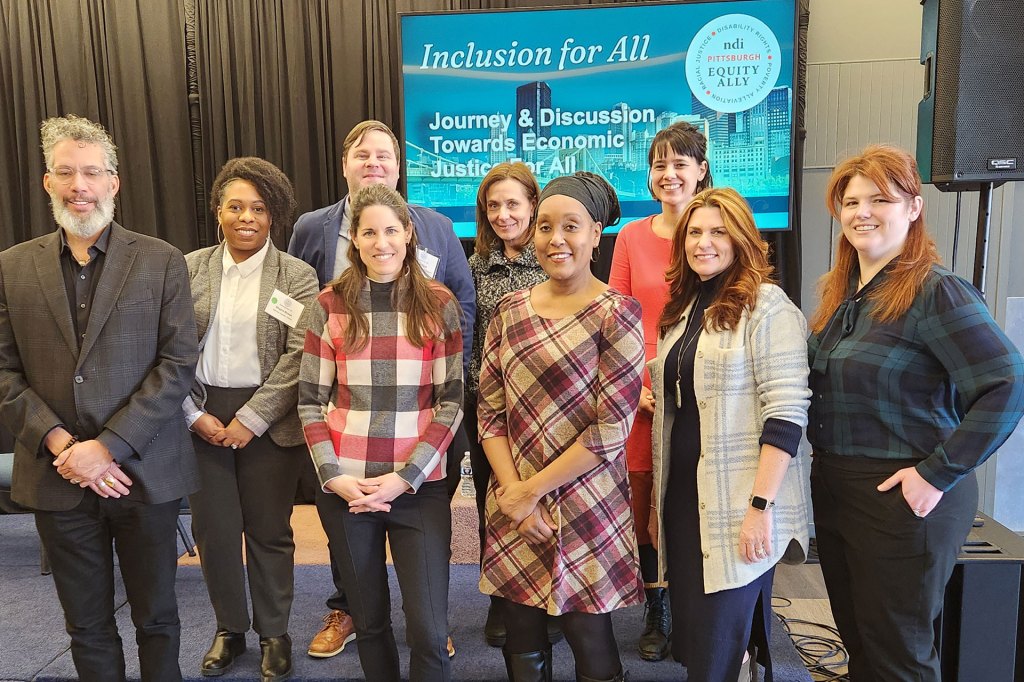Employment
-

The Quarterly Catch-up, Q1 2025
Check out the latest community development-related research, analyses, and articles from all 12 Federal Reserve Banks and the Board of Governors. This post captures content published between January 1 and March 31, 2025, on topics affecting communities.
-

Powerful tool helps job seekers chart a path to higher-paying roles
The Occupational Mobility Explorer uses data from millions of employment ads to show workers the skills they need to attain higher-paying jobs.
-

The Quarterly Catch-up, Q4 2024
Check out the latest community development-related research, analyses, and articles from all 12 Federal Reserve Banks and the Board of Governors. This post captures content published between October 1 and December 31, 2024, on topics affecting marginalized communities.
-

Coalition draws on local benefits cliff lessons to inform national approach
Dozens of experiments across the country aim to mitigate workers’ benefits cliffs as their incomes rise and assistance lessens. A coalition of 13 of these pilots now plans to share what they have learned and practiced with policymakers, employers, and funders.
-

Using Qualitative Research to Understand the Economy: A Toolkit
The toolkit offers insights on using community-engaged qualitative research practices gleaned from the Federal Reserve’s Worker Voices Project and shows how others can use these methods in their own work. This toolkit is for researchers, policymakers, employers, and workforce organizations interested in partnering with the populations they serve and elevating community perspectives.
-

The Quarterly Catch-up, Q3 2024
Check out the latest community development-related research, analyses, and articles from all 12 Federal Reserve Banks and the Board of Governors. This post captures content published between July 1 and September 30, 2024, on topics affecting marginalized communities.
-

Short-term credentials and the labor market: Who stands to benefit?
Short-term credentials, such as certifications, are becoming more popular due to the timely and cost-effective targeted training they offer for specific jobs. However, their value varies widely across industries and educational levels, with mixed impacts on wages and employment outcomes.
-

How community colleges meet the needs of students and employers via non-credit programs
Non-credit training programs offered by community colleges can help address labor shortages by providing students with skills and credentials they need for specific occupations. Outreach by the Richmond Fed indicates that funding for these programs is inconsistent, and there are constraints for both students and institutions hoping to utilize these programs.
-

The quarterly catch-up, Q2 2024
Check out the latest community development-related research, analyses, and articles from all 12 Federal Reserve Banks and the Board of Governors. This post captures content published between April 1 and June 30, 2024, on topics affecting marginalized communities.






